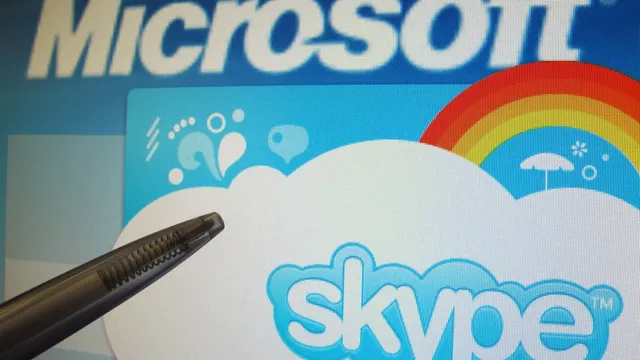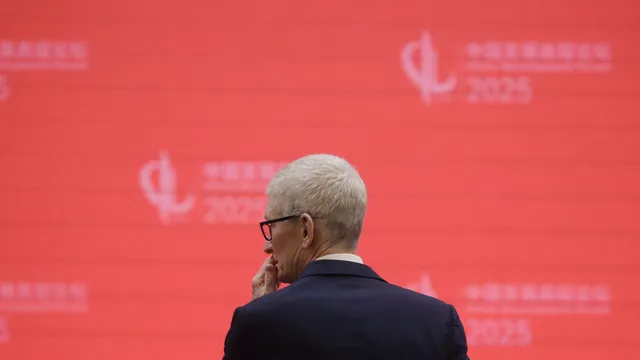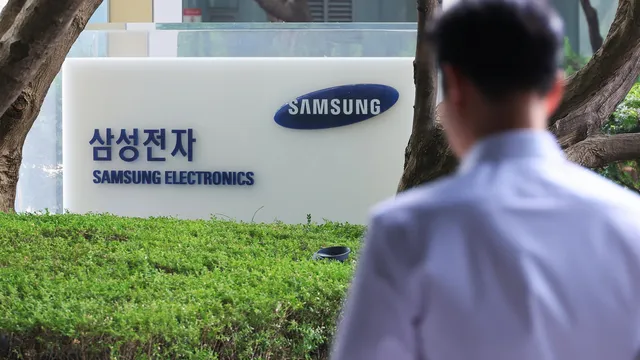As of today, May 5, the popular chat application Skype has officially ceased operations. Connecting millions of people around the world in a unique form of online communication through sound and images (the first was ICQ, but only through messages), the legendary program will no longer be supported by Microsoft.
Skype was founded in 2003 by Scandinavians Niklas Zennström and Janus Friis in Estonia. It revolutionized Internet communication by offering free voice calls between computers and affordable rates for calls to landlines and mobile phones.
Over the years, as internet speeds improved, Skype evolved to include video calls, instant messaging, file sharing, and group communication features.
By 2005, Skype had already reached 50 million registered users, demonstrating its rapid global expansion.
The online auction site eBay acquired Skype in 2005 for approximately $2.6 billion, but the expected results were never achieved. In 2009, eBay sold its majority stake to a group of investors, who then sold it to Microsoft.
In recent years, especially since the advent of smartphones, Skype has failed to hold its own against new competitors such as Meta-owned WhatsApp and Zoom, as well as Microsoft's own Teams service.
"We learned a lot from Skype while developing Teams over the past seven to eight years. But we felt now was the time because we can be simpler for the market, for our customer base, and we can deliver more innovation faster by just focusing on Teams," said Jeff Tepper, president of Microsoft 365 for apps and collaboration platforms.
Microsoft said group chats in Skype will remain intact during the transition to Teams and that during a 60-day window, messages in Microsoft and Teams will be interoperable, so you can send messages to contacts from Teams and they will be delivered to friends who are still using Skype.
In a major change, Microsoft is removing Skype's phone features. This means you will no longer be able to call regular phone numbers, mobile phones, or make international calls through the service.
Microsoft explained that these features are no longer as relevant in today's communications environment, where mobile data plans are cheaper.
The name "Skype" comes from "Sky peer-to-peer," the technology that was at the heart of Skype's original architecture.
The peer-to-peer aspect was crucial because it distributed network requirements across users' computers rather than relying solely on centralized servers. This was a key innovation that allowed Skype to grow rapidly in its early years. | BGNES

 Breaking news
Breaking news
 Europe
Europe
 Bulgaria
Bulgaria







